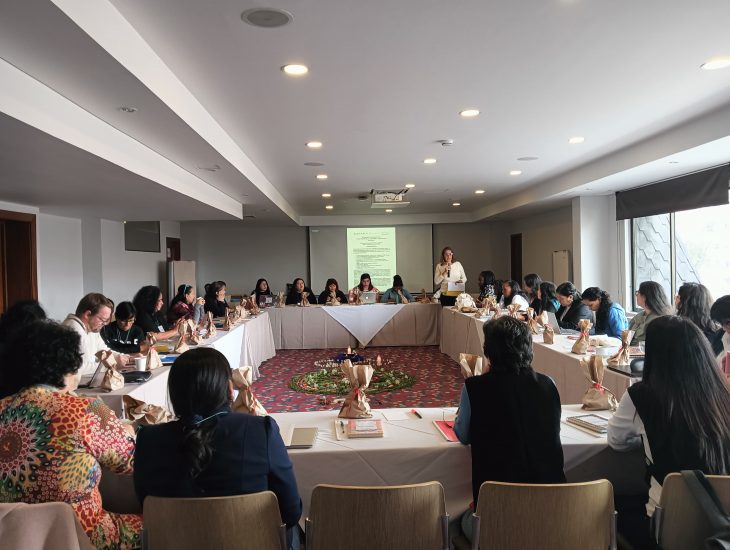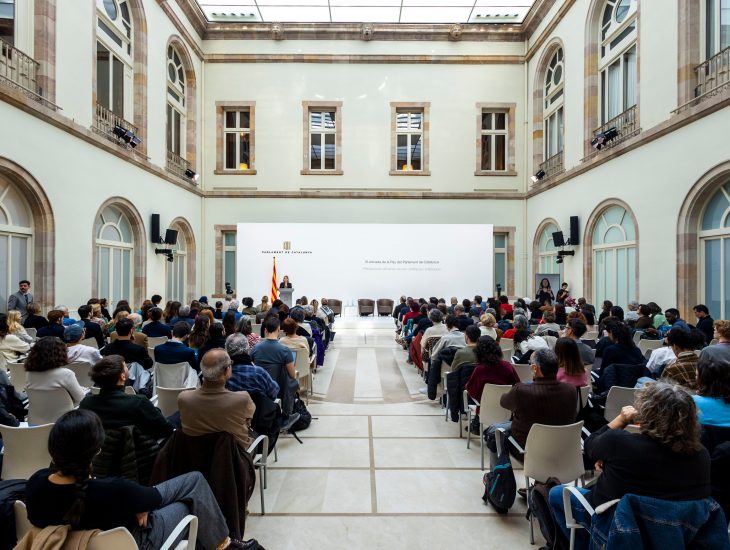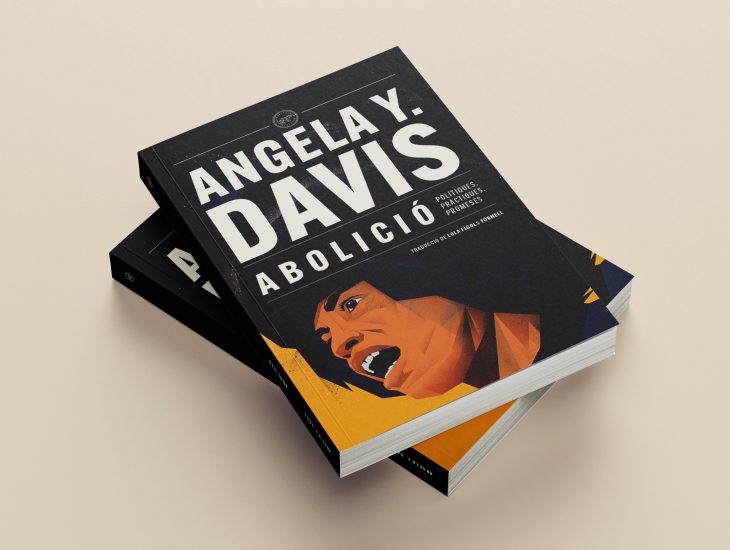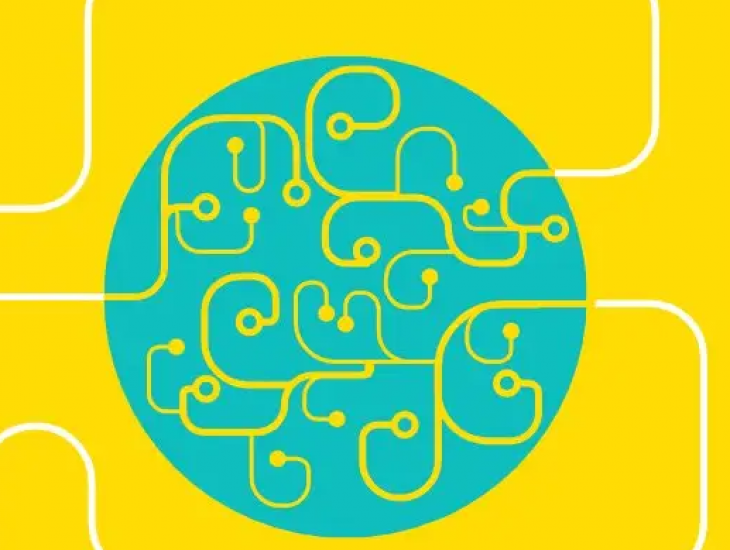The use of nonviolent action is on the rise. From the Occupy (Wall Street) Movement to the Arab Spring, activists across the world are increasingly using unarmed tactics to challenge oppressive, corrupt and unjust systems.
But what exactly do we mean by “nonviolence”? What are its philosophical and historical origins? Do nonviolent campaigns with political motivations differ from those driven by primarily economic concerns? What are the limits and opportunities for activists engaging in nonviolent action today? Is it a new type of twenty-first century struggle or is it simply a passing trend?
Entender la noviolencia: contornos y contextos offers a comprehensive introduction to nonviolence in theory and practice. It explores the varied approaches, aims and trajectories of nonviolent campaigns from Gandhi to the present day combining analysis of key theoretical debates with more recent perspectives on contemporary and historical case studies. With contributions from leading scholars and practitioners of nonviolence, this book is essential reading for activists, students and teachers interested in contentious politics, international security, and peace and conflict studies.
The editors
Maia Carter Hallward is an associate professor at Kennesaw State University. She is also associate editor of the Journal of Peacebuilding and Development.
Julie M. Norman is a professor at McGill University in Montreal. She has published on various forms of non-traditional resistance, including media activism, legal advocacy, and prisoners’ movements.
Both are also the editors of the book Nonviolent Resistance in the Second Intifada: Activism and Advocacy (Palgrave Macmillan, 2011).
16.01.2017




